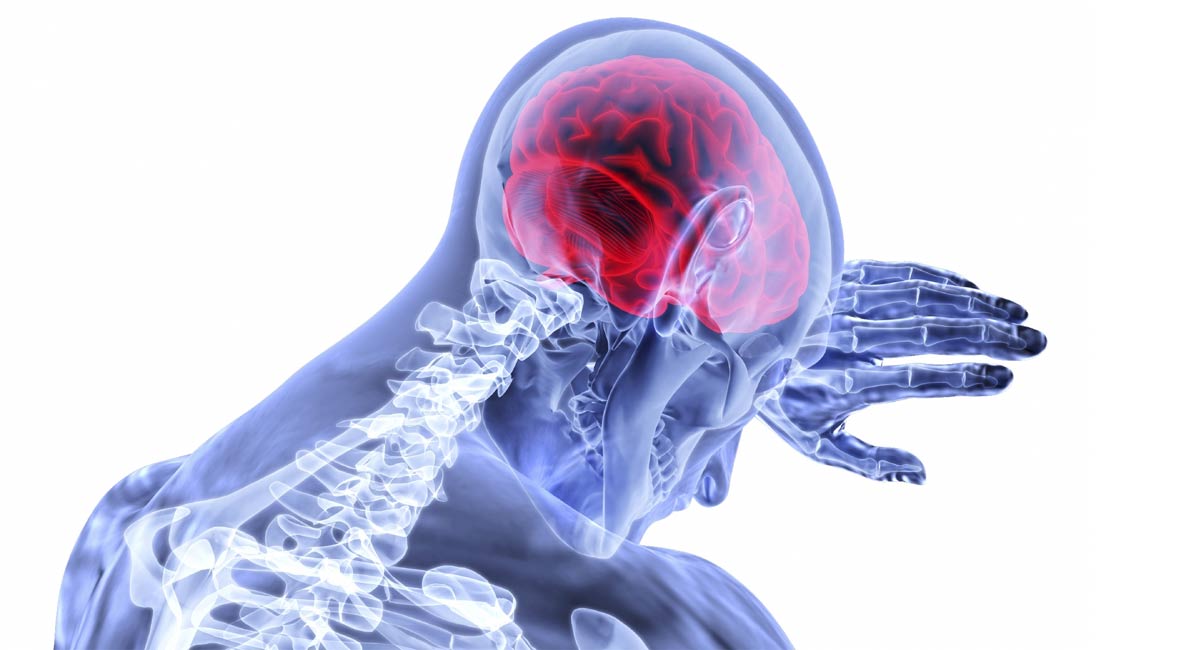People nowadays are dealing with a variety of health-related problems, such as neurological illnesses. A neurological disorder called epilepsy results in recurrent seizures. The top neurologist in Punjab provides effective epilepsy therapy. There are various forms of epilepsy.
How does one define epilepsy?
Epilepsy is a neurological ailment that results in periodic seizures, known sometimes as a seizure disorder. Different kinds of epilepsy exist. In certain circumstances, doctors cannot determine the cause, whereas the cause is apparent in others. People of various ages, genders, races, and ethnic backgrounds are affected by epilepsy. Some neurological issues also affect other health, and the best Neurologist in Punjab offers appropriate treatment.
What factors lead to epilepsy?
Epilepsy can arise from a variety of causes.
- Genetic impact: Certain forms of epilepsy are inherited. There’s probably a hereditary component in these cases. Researchers have linked certain types of epilepsy to particular genes. However, some individuals have genetic epilepsy that is not inherited.
- Head trauma: Epilepsy can be brought on by head trauma sustained in a vehicle accident or another type of traumatic injury.
- Brain factors, including brain tumors, can cause epilepsy tumors. Additionally, the formation of blood vessels in the brain might lead to epilepsy. Seizures can occur in people with blood vessel disorders such as cavernous and arteriovenous malformations.
- Infections: Epilepsy can result from illnesses such as meningitis, HIV, viral encephalitis, and some parasite infections.
- Injury before birth: Infants are vulnerable to brain damage brought on by a variety of circumstances.
What epilepsy symptoms are present?
People with epilepsy may have the following symptoms:
- Gazing.
- Stiffening of the legs and limbs.
- The body becomes stiffer.
- Unconsciousness.
- Breathing difficulties or cessation.
- Lack of bladder or bowel control.
- Unexpectedly falling and losing consciousness, mainly when this occurs suddenly and for no apparent reason.
What are the treatment plans for epilepsy?
Surgery, specific diets, and anti-seizure drugs are used to treat epilepsy.
- Anti-seizure drugs: In roughly 60% to 70% of people with epilepsy, anti-seizure drugs are effective in preventing seizures. Treatment for anti-seizures with medicine is customized. Your healthcare professional will try these options to determine which medication, dosage, or combination best controls your seizures.
- Dietary therapy: The two most popular diets that are occasionally suggested for individuals with epilepsy are the ketogenic diet and the modified Atkins diet, which is low in carbohydrates and moderate in protein. For certain epileptics, low-glycemic index diets may help lessen seizures.
- Surgery: If anti-seizure drugs are ineffective for your seizures and your seizures are severe and incapacitating, surgery may be recommended. If anti-seizure medication therapies are unable to control your seizures after more than two attempts, epilepsy surgery may be a safe and viable course of treatment. EpilepsyThe most skilled and knowledgeable neurosurgeons perform the epilepsy surgery.
What to do during an epilepsy attack?
Understanding, composure, and taking the proper action are necessary while helping someone who is having an epileptic seizure. To help someone experiencing an epileptic attack, follow these steps:
- Remain Calm: Retain your poise. Even though seeing someone have a seizure might be upsetting, maintaining your composure will enable you to help them effectively.
- Assure Safety: Relocate any adjacent objects that can endanger the seizure sufferer. Clear the area to avoid getting hurt.
- Remain with the individual: Stay with them as long as the individual is experiencing seizures and until they have fully recovered. To make sure they are safe, keep a watch on them.
- Avoid Restricting: Restricting the person during a seizure is not advised. Let the seizure finish on its own. Both the person experiencing the seizure and you could get hurt while being restrained.
- Seizures: Keep track of the commencement and duration of the seizures. Medical personnel can benefit from knowing this knowledge.
Many people suffer from different health issues for various reasons. Contact the Neurociti hospital for a satisfying treatment. We have the best and most experienced doctors and neurosurgeons in Ludhiana.





